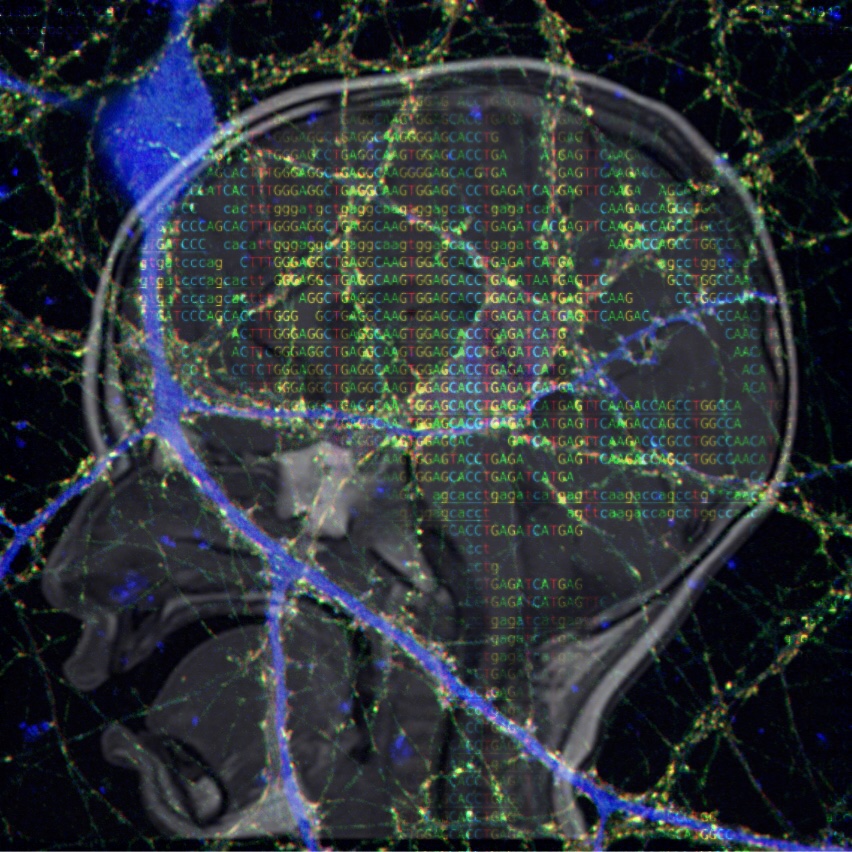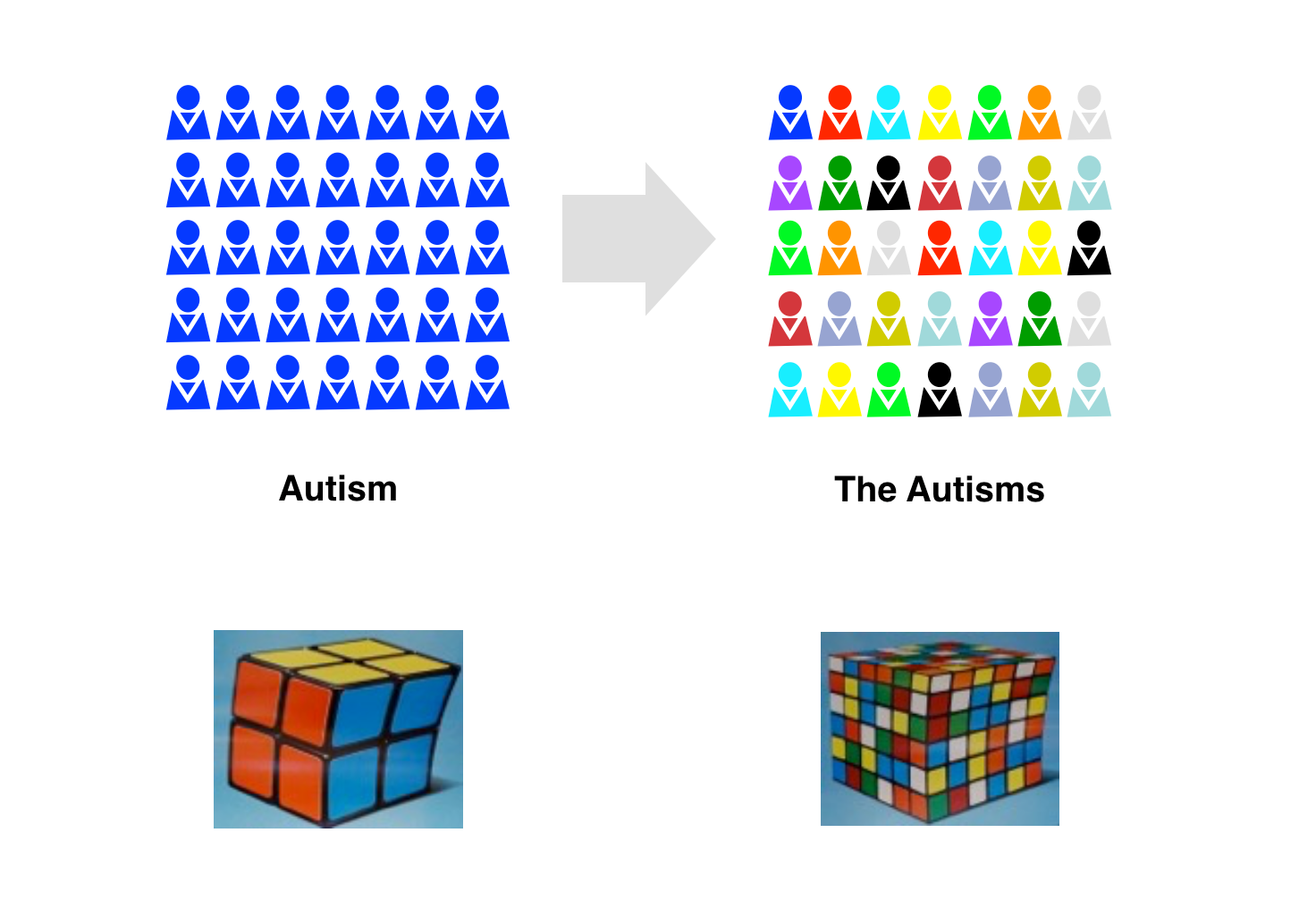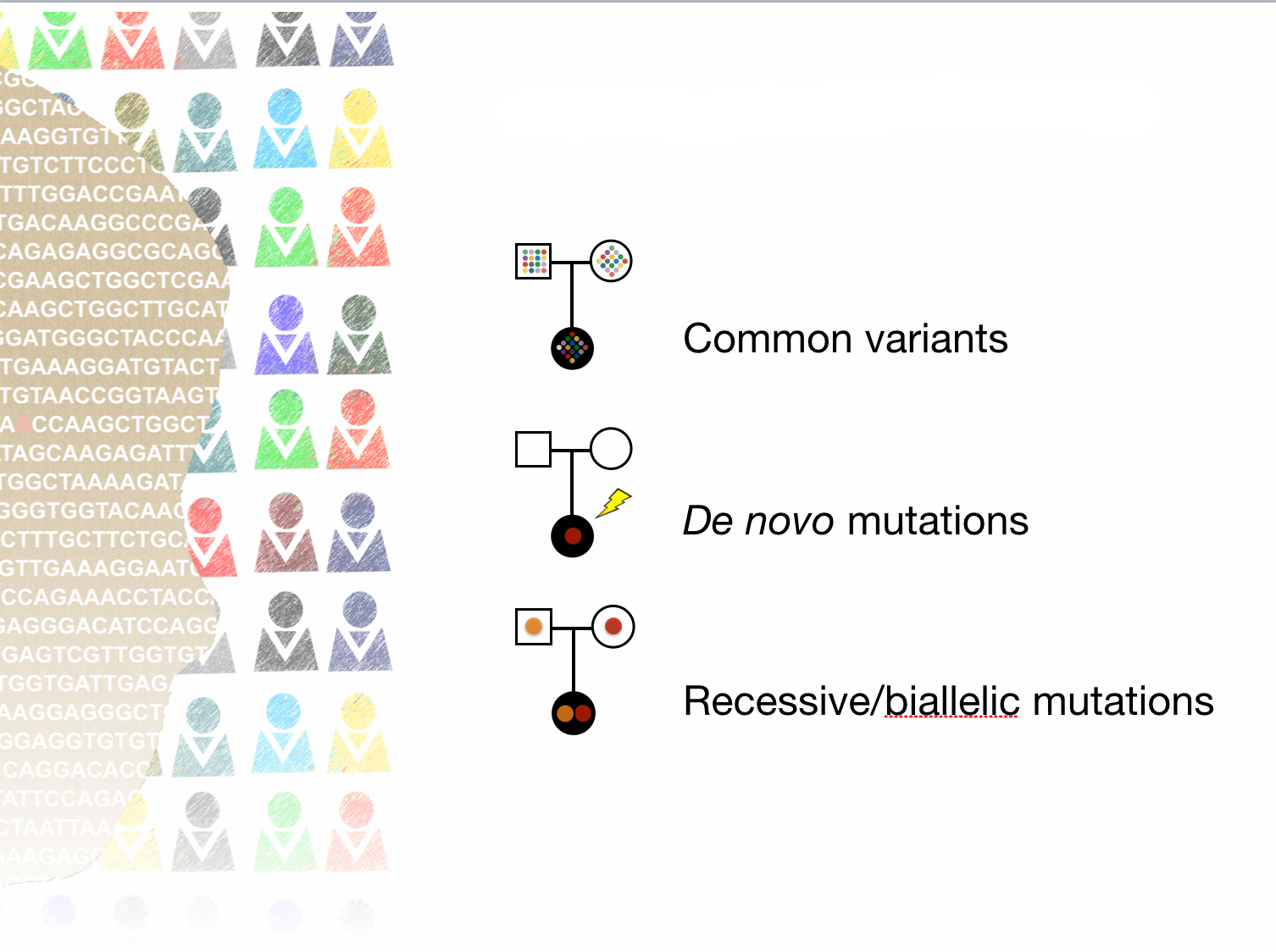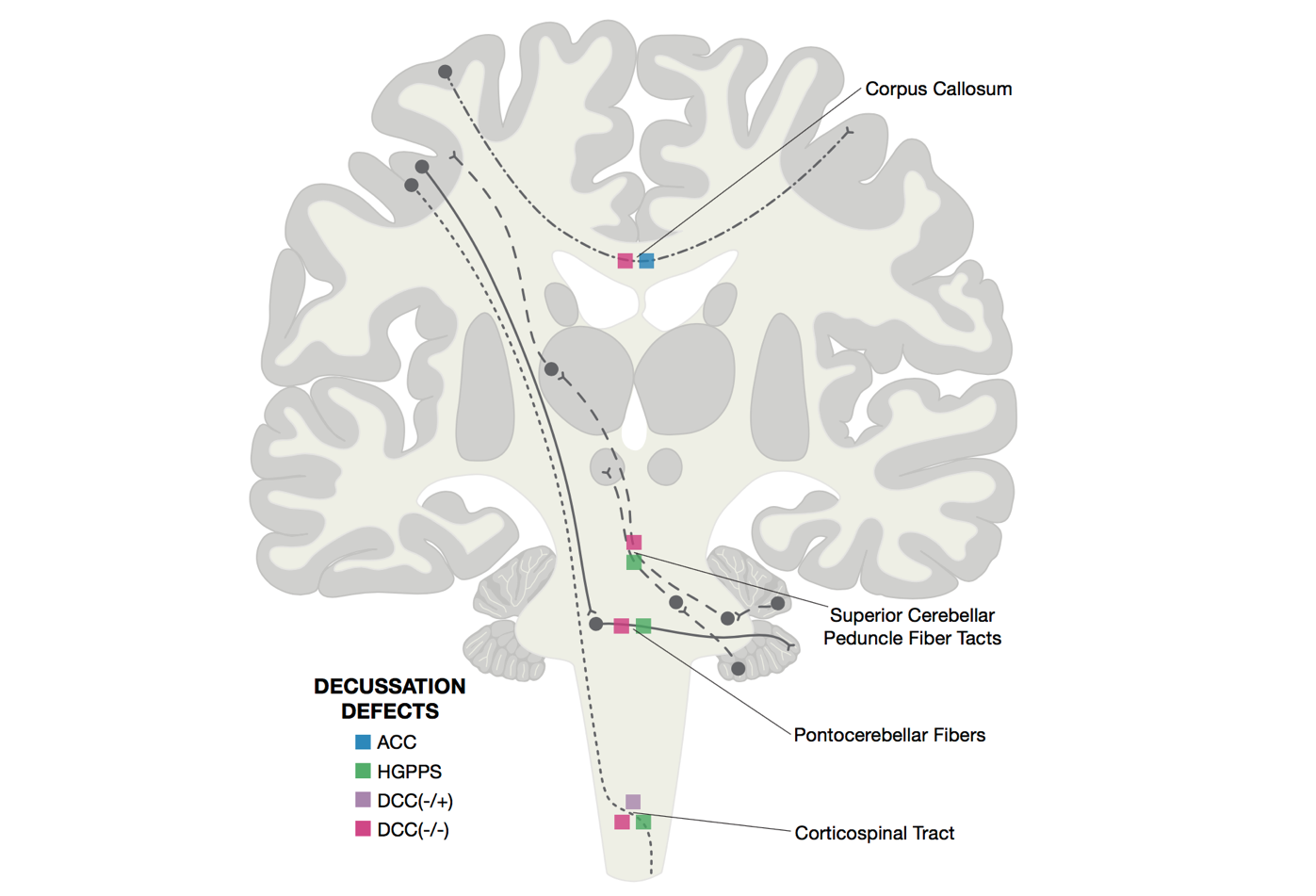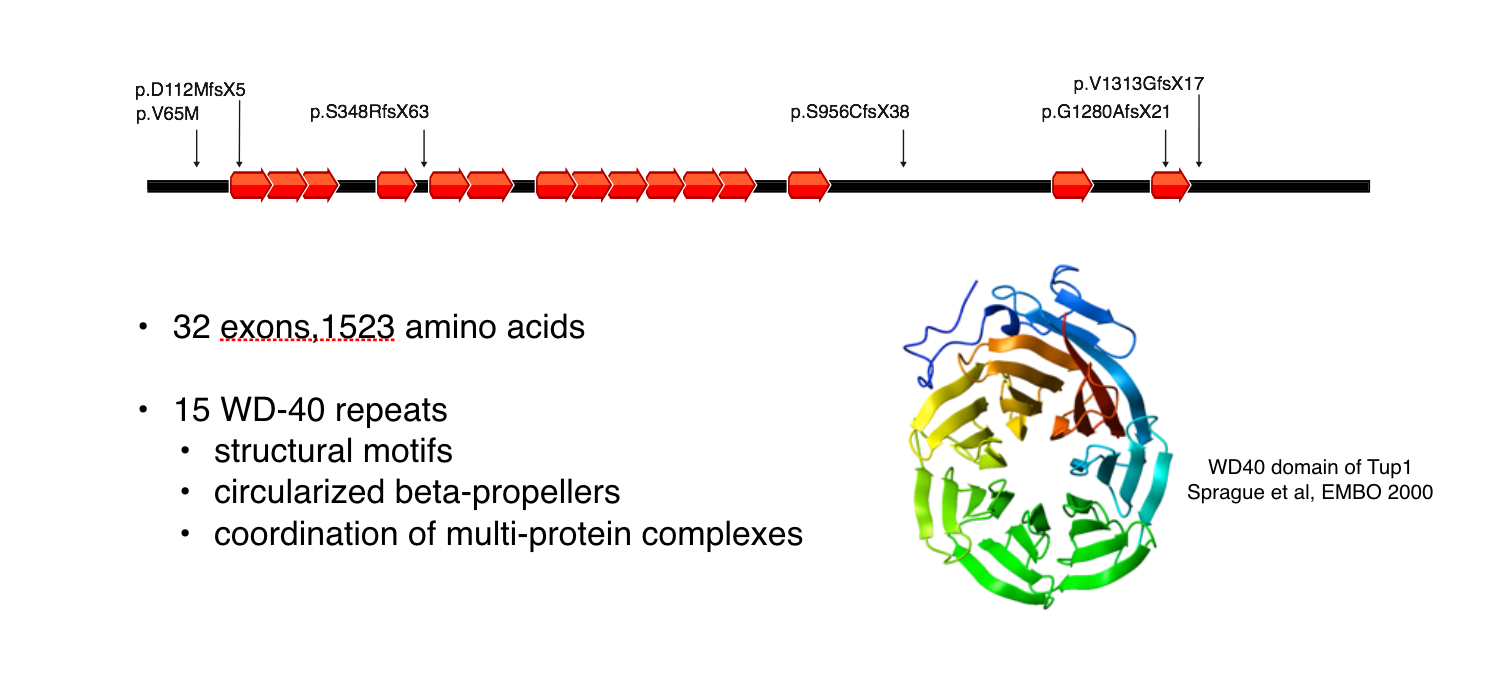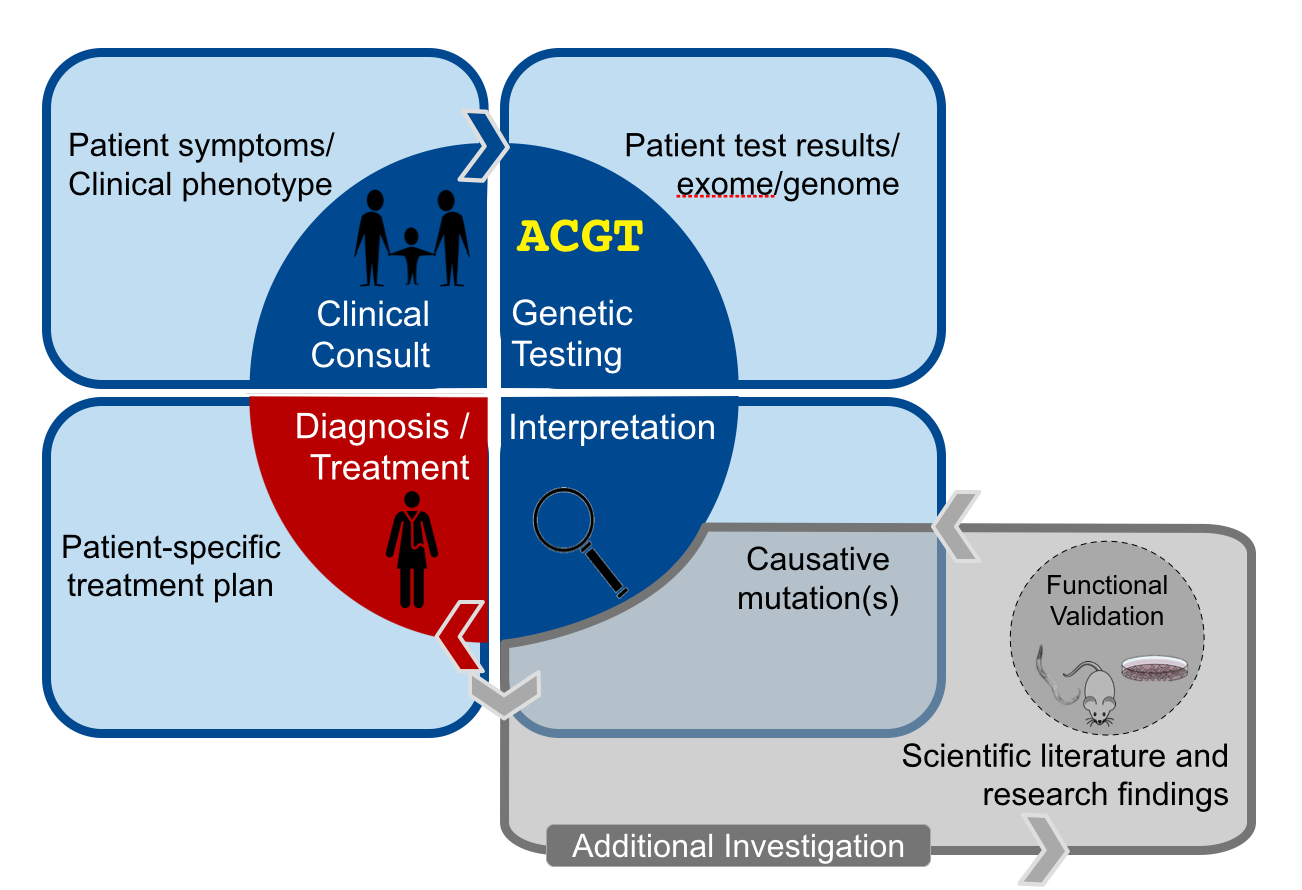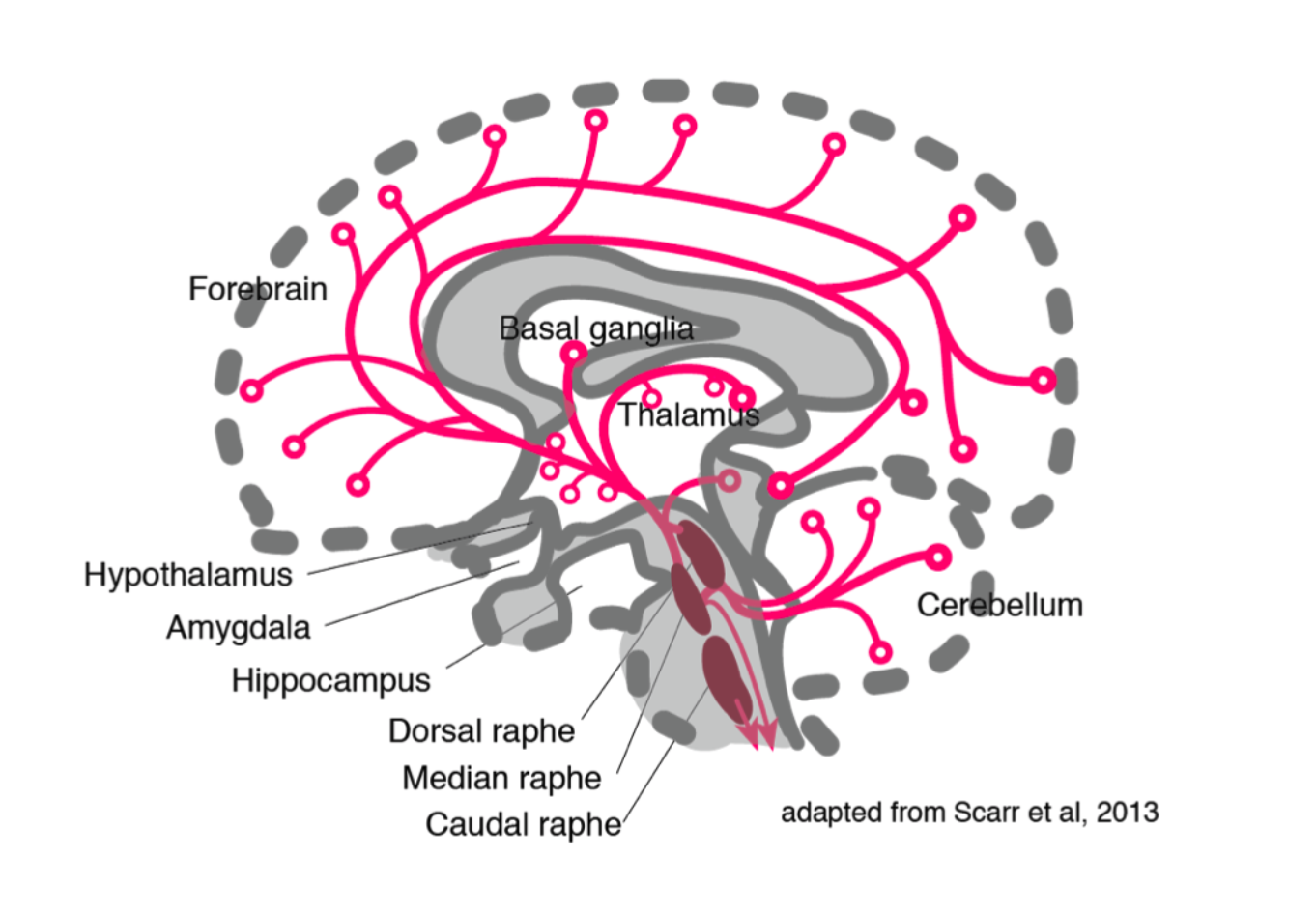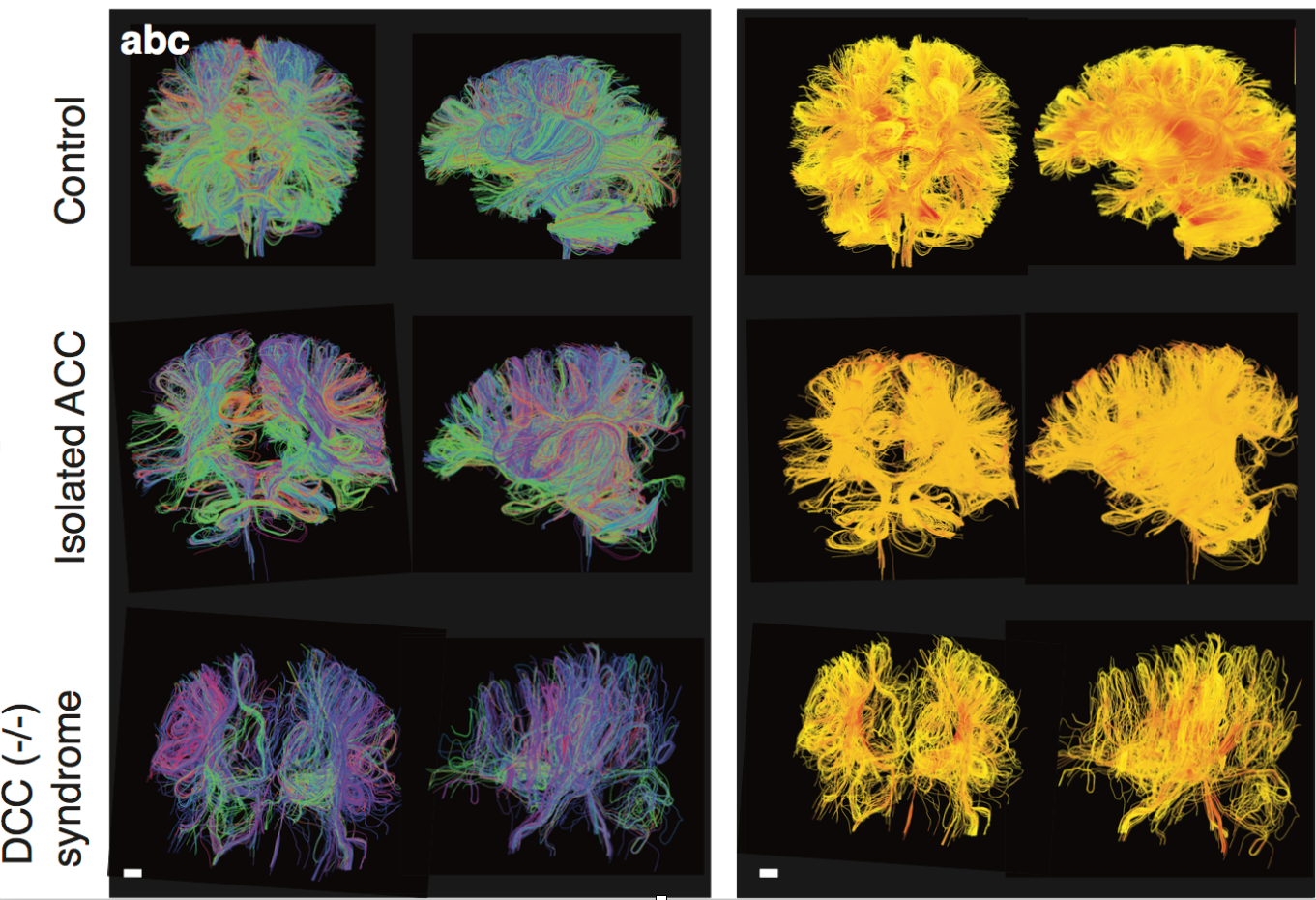RESEARCH Interests
Translational Genomic MedicinE
How can genomics improve clinical medicine?
At the junction of research and clinical care, translational medicine refers to the creation and implementation of novel medical technologies and treatments. It is a ‘bench-to-bedside’ approach that aims to accelerate the time between laboratory research, development, and clinical application.
Our vision for translational genomic medicine is twofold. First, we are developing methods and models for applying genomics to the care of patients. Second, we are accelerating translational discovery by integrating research with patient care.
For example, we have conducted a pilot of genome sequencing as a replacement for newborn screening, employed rapid turnaround exome sequencing in the NICU, and developed a unified hospital portal for accessing, sharing, and interpreting human genomic data for clinical and research use. We are also using translational genomic medicine to study and develop antisense therapies for rare neurological diseases.
These programs bring genomics tools to patients, and bring patients to genomics research.
Autism gene discovery
what happens at a molecular level in autism?
Understanding the genetic contribution to autism is important for understanding the neurological mechanisms, inheritance patterns, and implications for management. We apply whole exome and whole genome sequencing to study large cohorts of children with autism spectrum disorder, with the aim of better understanding its genetic architecture and finding new autism genes.
A focus of our research is the study of ‘human gene knockouts’ in autism. Knockouts are genes inactivated by mutations on both copies of the gene, which lead to loss of function for a particular enzyme or pathway in the brain. These mutations are rare – and understudied – but can provide critical mechanistic insights by implicating neurobiological pathways in autism pathogenesis. Our recent publication supported knockouts as a mechanism for autism, and provided insight to why autism is more common in males than females.
GENOTYPE-PHENOTYPE CORRELATIONS AND NEUROBIOLOGical modeling
How do genetic changes influence the nervous system?
The structure of genes impacts the function of neurological and physiological pathways. It is important to understand the relationship between the genetic mutation (genotype) and the clinical presentation (phenotype).
Once novel genetic mutations are discovered, we turn to careful clinical characterization of affected patients with the aim of defining phenotypes associated with new autism syndromes, and understanding how genotypes impact brain development. We study these mutations using human cell culture, induced pluripotent stem cell (IPS) derived neurons, and mice.
Rare pediatric disease
which biological processes cause rare disease?
We study rare genetic mutations that link together classic neurobiological signaling pathways with previously unappreciated human phenotypes. For example, our research has elucidated relationships between metabolic processes and neurodevelopmental conditions. Specifically, we have found connections between axon guidance and interhemispheric brain connectivity, cholesterol biosynthesis and autism, as well as nitric oxide signaling and intellectual disability.


